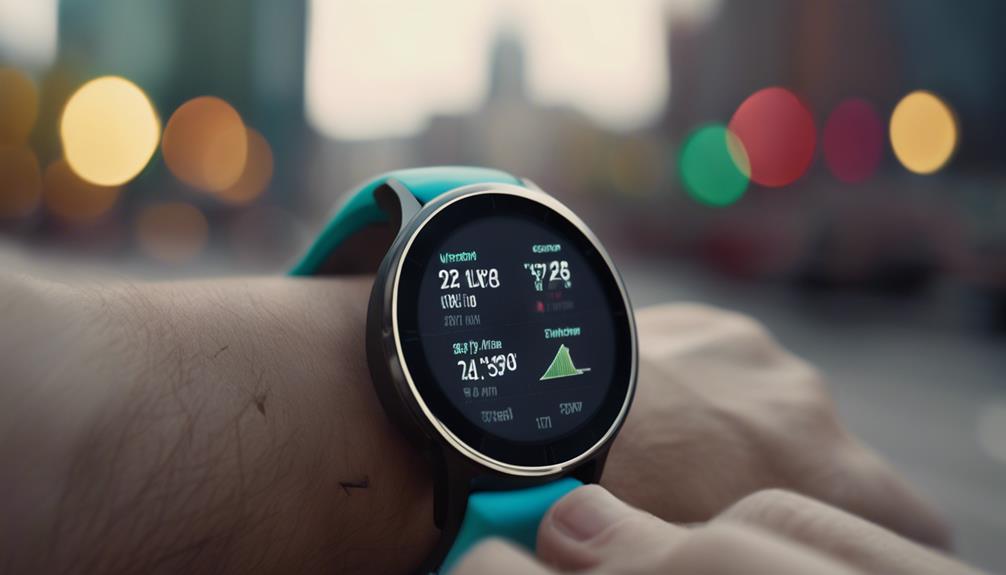In the vast landscape of animated television shows, few characters have managed to capture the imagination of audiences like Inspector Gadget. This bumbling detective, with his array of gadgets and memorable catchphrases, has become an iconic figure since his debut in the 1980s. In this article, we will explore the intersection of Inspector Gadget and McDonald’s, examining how this beloved character has influenced fast food marketing strategies and pop culture over the years.
The Rise of Inspector Gadget
Created by André LaTorre and produced by DIC Entertainment, Inspector Gadget first premiered in 1983. The show follows the clumsy detective, Inspector Gadget, who is equipped with an extensive array of gadgets that emerge from his body. His missions often involve thwarting the evil plans of the nefarious Dr. Claw, all while being assisted by his niece, Penny, and their dog, Brain.Car Gadgets And Accessories
Inspector Gadget quickly became a cultural phenomenon, appealing to both children and adults with its unique blend of humor and action. The show’s popularity led to various adaptations, merchandise, and even a live-action movie starring Matthew Broderick in 1999.
McDonald’s: A Marketing Powerhouse
Founded in 1940, McDonald’s has grown to become one of the world’s most recognizable brands, known for its golden arches and signature menu items. The fast-food giant has consistently leveraged pop culture to market its products, often collaborating with popular characters from movies and television. This strategy not only attracts young audiences but also creates a sense of nostalgia for older generations.
Inspector Gadget and McDonald’s: A Perfect Match
The collaboration between Inspector Gadget and McDonald’s can be traced back to the 1980s, when the character’s popularity peaked. McDonald’s recognized the potential of associating its brand with Inspector Gadget, leading to several promotional campaigns that delighted fans of the show.
Merchandising Magic
During the height of Inspector Gadget’s popularity, McDonald’s launched a series of Happy Meal toys featuring the character and his gadgets. These toys included miniature versions of Inspector Gadget, Penny, and even Dr. Claw, allowing children to recreate their favorite scenes from the show. The inclusion of such toys in Happy Meals not only incentivized purchases but also integrated the character into the daily lives of children.
Television Commercials
McDonald’s also utilized television commercials featuring Inspector Gadget to promote their meals and special offers. These commercials were crafted to resonate with the show’s target audience while highlighting McDonald’s menu items. For example, a campaign might showcase Inspector Gadget attempting to enjoy a Big Mac, only to be thwarted by his own gadgets, leading to humorous situations that captured the essence of the character.
The Impact of Nostalgia Marketing
Nostalgia marketing is a powerful tool used by brands to evoke fond memories from the past, often leading to increased consumer engagement and sales. McDonald’s has effectively harnessed this technique through its partnerships with beloved characters like Inspector Gadget. This approach not only appeals to children but also resonates with adults who grew up watching the show.
- Emotional Connection: Nostalgia marketing taps into consumers’ emotions, creating a sense of warmth and familiarity that can drive purchasing decisions.
- Cross-Generational Appeal: Characters like Inspector Gadget bridge the gap between generations, allowing parents to share their childhood favorites with their children.
- Enhanced Brand Loyalty: By associating with beloved characters, McDonald’s fosters a sense of loyalty among consumers who have positive associations with the brand.
Case Studies: Successful Collaborations
Several successful campaigns highlight the effectiveness of the Inspector Gadget and McDonald’s collaboration:
Happy Meal Promotions
One of the most notable campaigns was a Happy Meal promotion that featured Inspector Gadget toys, which resulted in a significant uptick in sales for McDonald’s. Children clamored for the latest toy, and parents found themselves purchasing Happy Meals more frequently to satisfy their kids’ demands.
Television Specials
In addition to toys, McDonald’s has occasionally aired special television segments that celebrate Inspector Gadget. These segments not only featured the character but also included promotions for exclusive menu items, creating a synergistic effect that benefited both the brand and the show’s viewership.
Inspector Gadget’s Legacy in Modern Marketing
As we move further into the digital age, the marketing landscape continues to evolve. However, the principles of nostalgia marketing remain relevant. Brands are increasingly looking to the past to engage consumers, and characters like Inspector Gadget are being revived for new generations through various media, including streaming platforms and merchandise.
Furthermore, McDonald’s has adapted its marketing strategies to include digital campaigns that leverage social media, allowing fans to interact with their favorite characters in innovative ways. The integration of Inspector Gadget into modern marketing efforts ensures that the character remains relevant and beloved by audiences of all ages.
Conclusion: The Enduring Appeal of Inspector Gadget
The collaboration between Inspector Gadget and McDonald’s exemplifies the power of nostalgia marketing and its ability to create lasting connections between brands and consumers. Through successful promotional campaigns, memorable toys, and engaging advertisements, McDonald’s has effectively leveraged the charm of Inspector Gadget to enhance its brand image and drive sales.
As we continue to witness the evolution of marketing strategies, it is clear that characters like Inspector Gadget will remain a beloved part of pop culture. The combination of humor, adventure, and nostalgia ensures that Inspector Gadget will continue to captivate audiences for generations to come. In the ever-competitive world of fast food, such alliances serve as a reminder of the profound impact that beloved characters can have on consumer behavior and brand loyalty.
